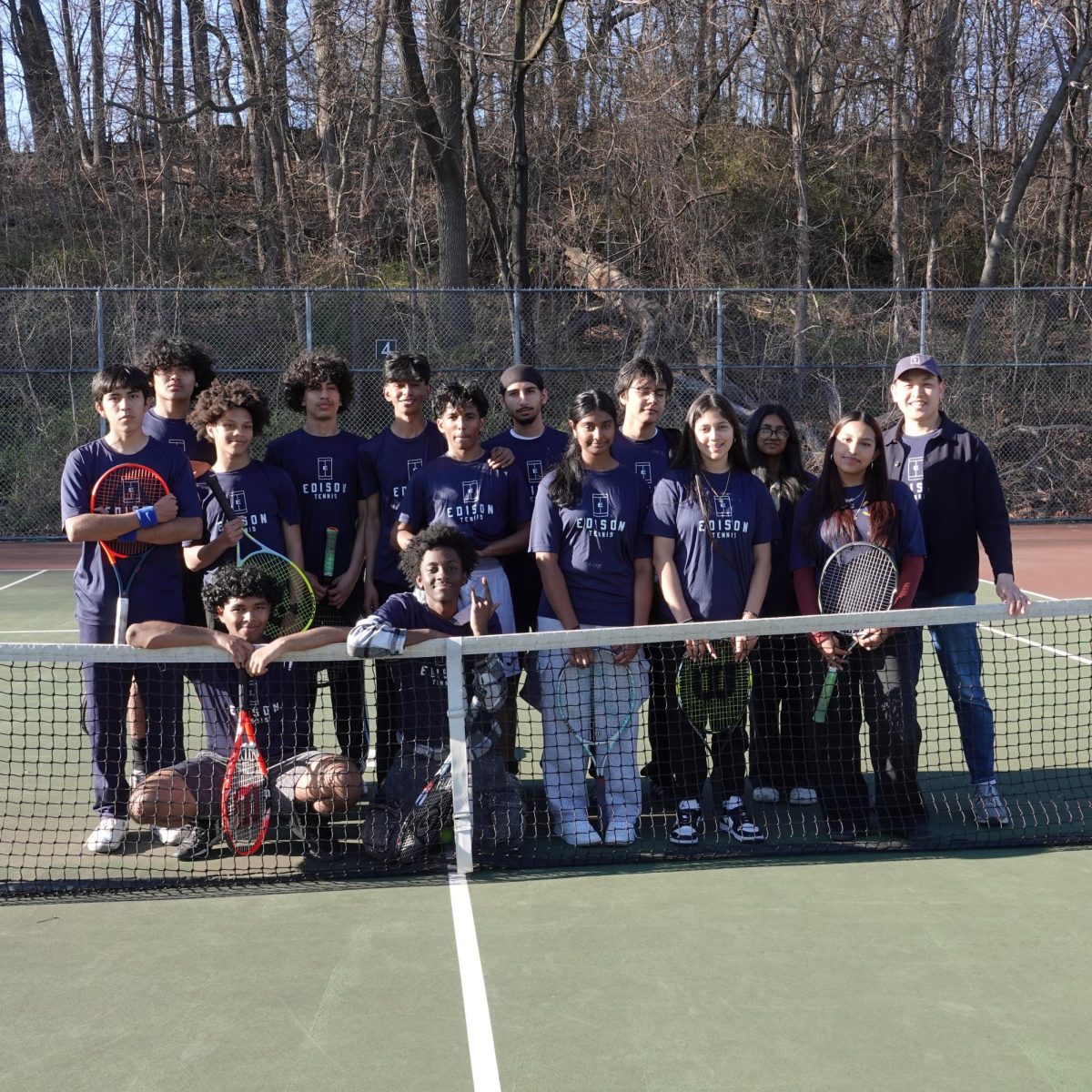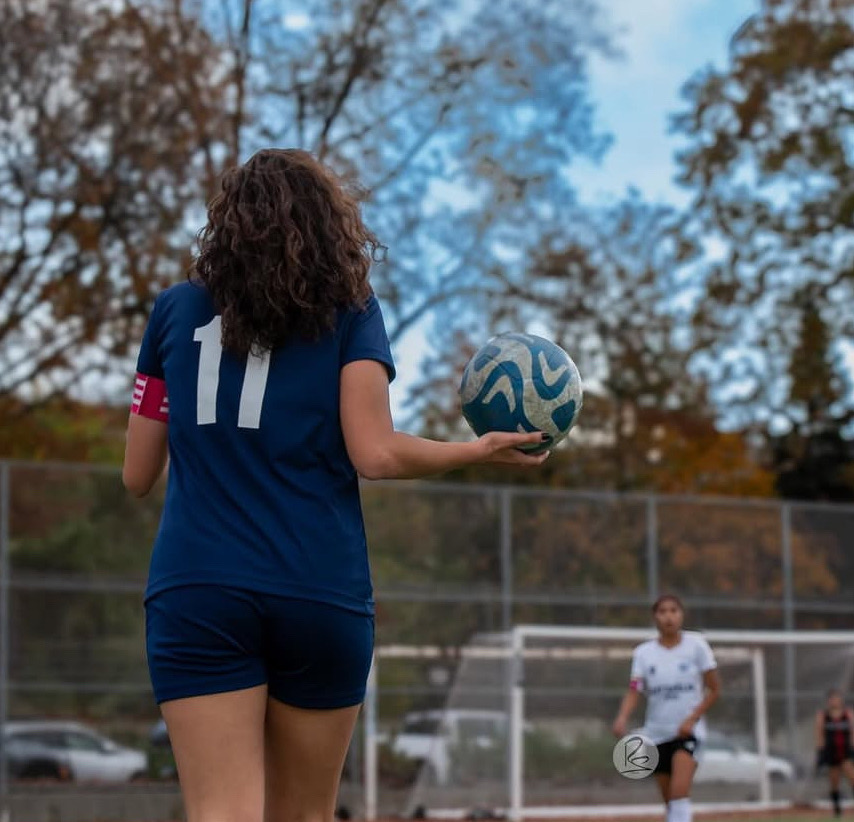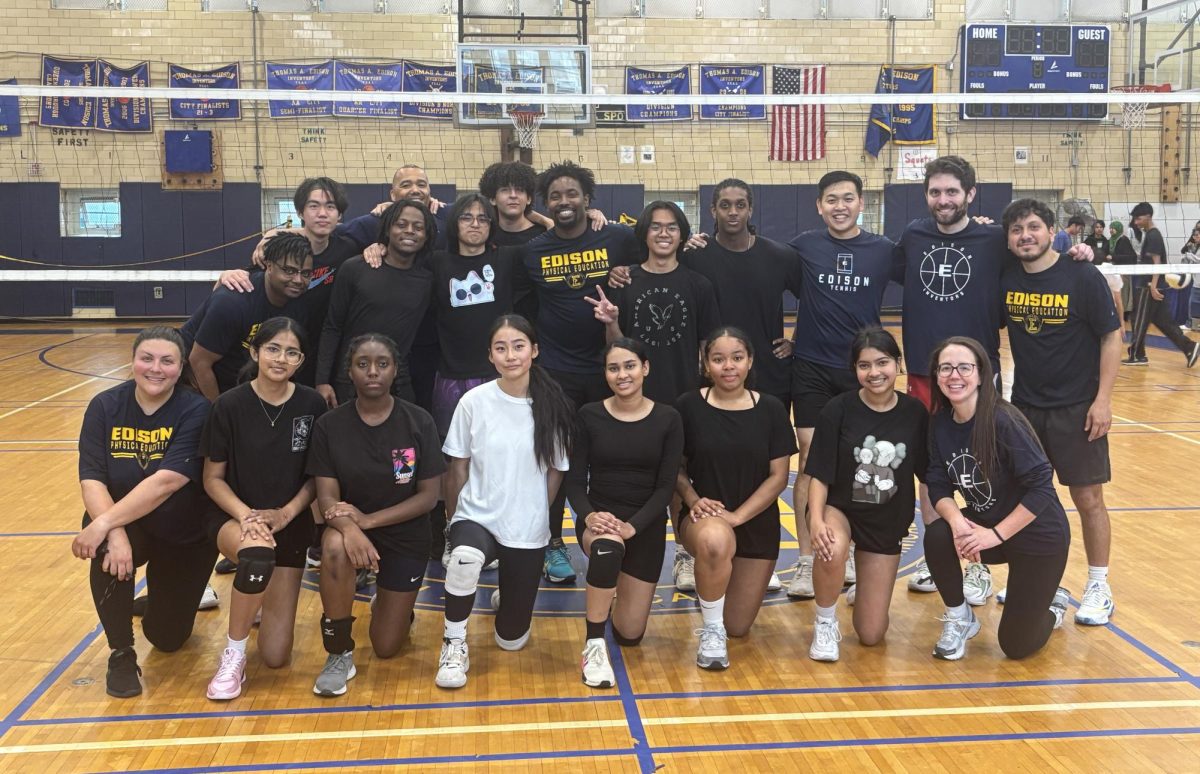When people think of sports, they often focus on the physical aspects of the games played. Behind every athlete’s physical game is a mental one.
The role of psychology in sports is starting to get more attention, as there have been many incidents that occurred, regarding conflicts on the field.
Sports psychology is the study of mental factors, such as stress, confidence, focus, and motivation, that can affect your abilities to perform. These influences affect performance in sports and performance. For high school athletes juggling classes or social life, or pressure to perform, there is much to manage the mental side of their games played.
Diving deeper into what tends to influence athletes to react recklessly, Andrew Ferreira–who teaches Psychology–helps us break down how an Edison athlete might resolve their mental obstacles.
“There’s a lot that goes on with sports…in general, in sports there’s a lot of competition. And, oftentimes, aggression plays a role in helping people be more competitive and gives them, like, a winning edge,” Ferreira said.
Aggression being a main factor of competition can transcribe into other forms of reaction.
“The definition of aggression involves being, like, almost, like, violent or destructive,” Ferreira said, “but again intended to win rather than, like, intended to, like, alleviate some sort of frustration.”
Mr. Ferreira also pointed out that biology and hormones play a role in how athletes behave and feel on and off the field.
“Testosterone is often a hormone associated with athletics,” said Ferreira. “If someone is exploiting or using steroids, steroids mimic testosterone which helps people build muscle. Testosterone is also associated with aggression and, [it’s] what’s called activating your HP axis, which is a part of your brain associated with aggression.”
This becomes revealing as testosterone can increase strength and competitiveness, but when out of balance, it may also increase aggression and impulsive behavior.
So what can Edison athletes do right now?
“I think the best way to handle it is one, um, never hurts to talk to a therapist. Two, having healthy relationships and role models. Um, three, having healthy coping mechanisms like ways to, um, try to alleviate any stress and anxiety that you might be having in your life.” Ferreira said.
Start somewhere small to build a foundation to grow that mental strength. Learn about how your mindset affects your performance. Take mental breaks. Focus on progress, not perfection. Most importantly, don’t be afraid to ask for help from a teacher, counselor, coach, or friend.
As the Edison community continues to grow in academics and athletics, understanding the mental side of sports can help student-athletes succeed. Student athletes should be able to handle those tough situations while also representing their Edison crest when on the field.








